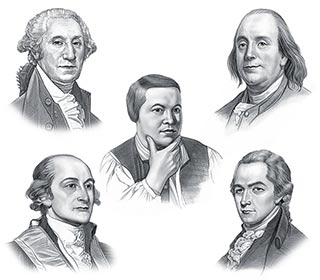The Boston Port Act 1774
The Boston Port Act was:
"An act to discontinue, in such manner, and for or such time as are therein mentioned, the landing and discharging, lading or shipping, of goods, wares, and merchandise, at the town, and within the harbour, of Boston, in the province of Massachusetts Bay, in North America."
The Boston Port Act closed the port of Boston so tightly that the colonists could not bring hay from Charlestown to give to their starving horses.
Purpose of Boston Port Act of 1774
The Boston Port Act was to close the port until the tea that had been destroyed at the Boston Tea Party and that payments were made to the East India Company paid for the lost tea and that payments were made to the king for the lost taxes. Only food and firewood were permitted into the port.
Events leading up to the Boston Port Act 1774
The events that led to the passing of the Intolerable Acts, including the Boston Port Act, were primarily the:
